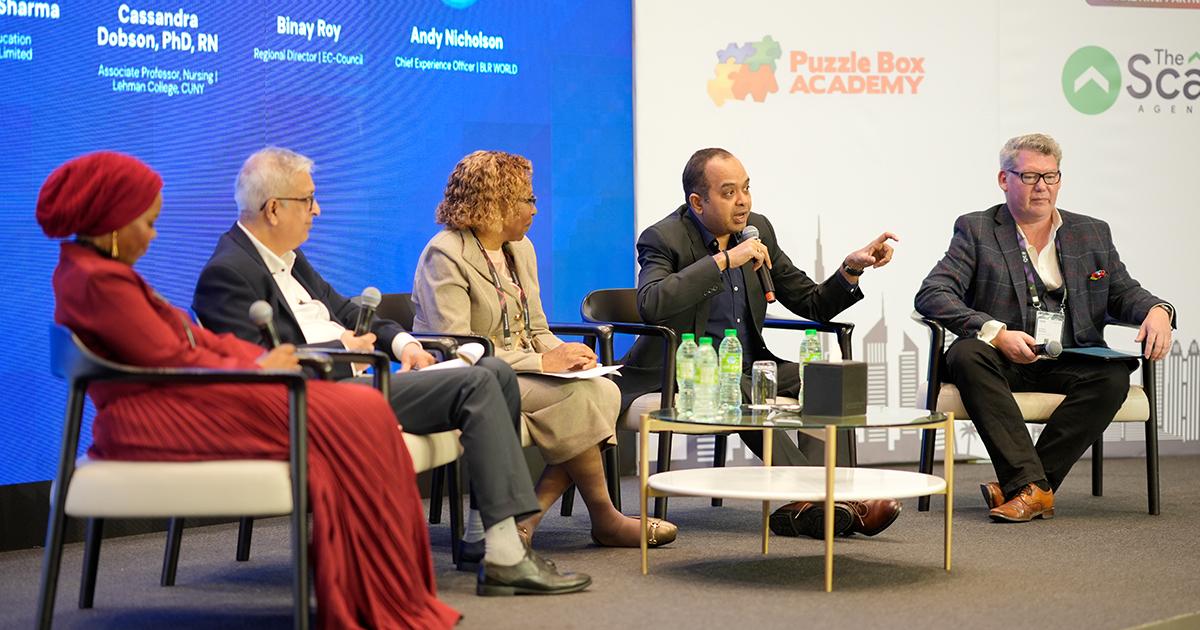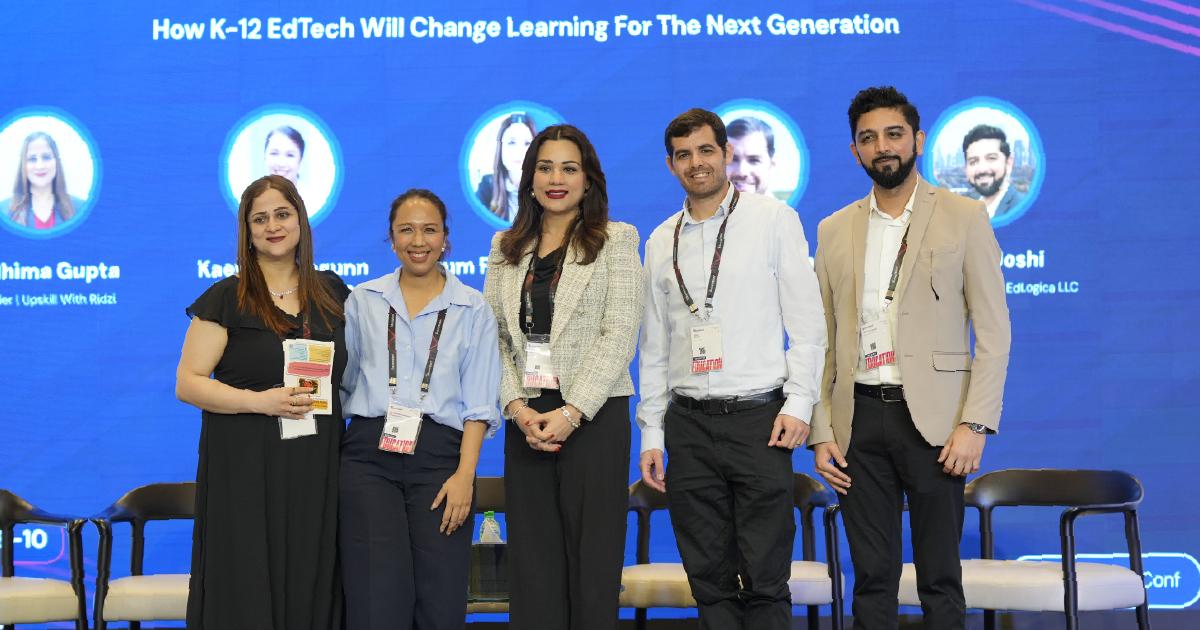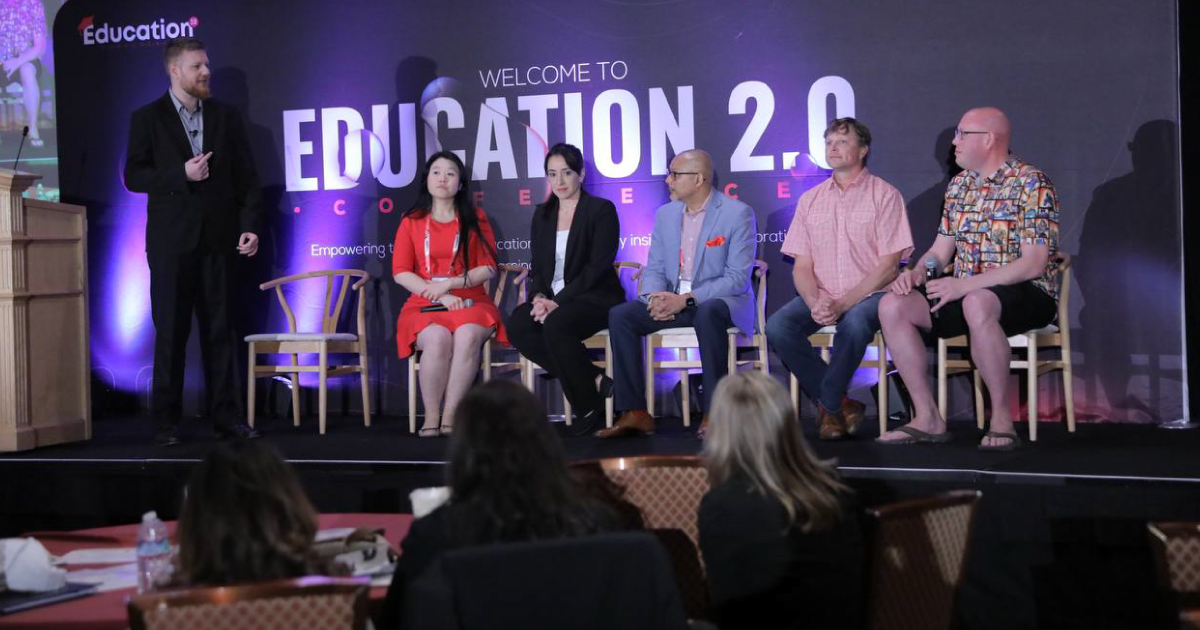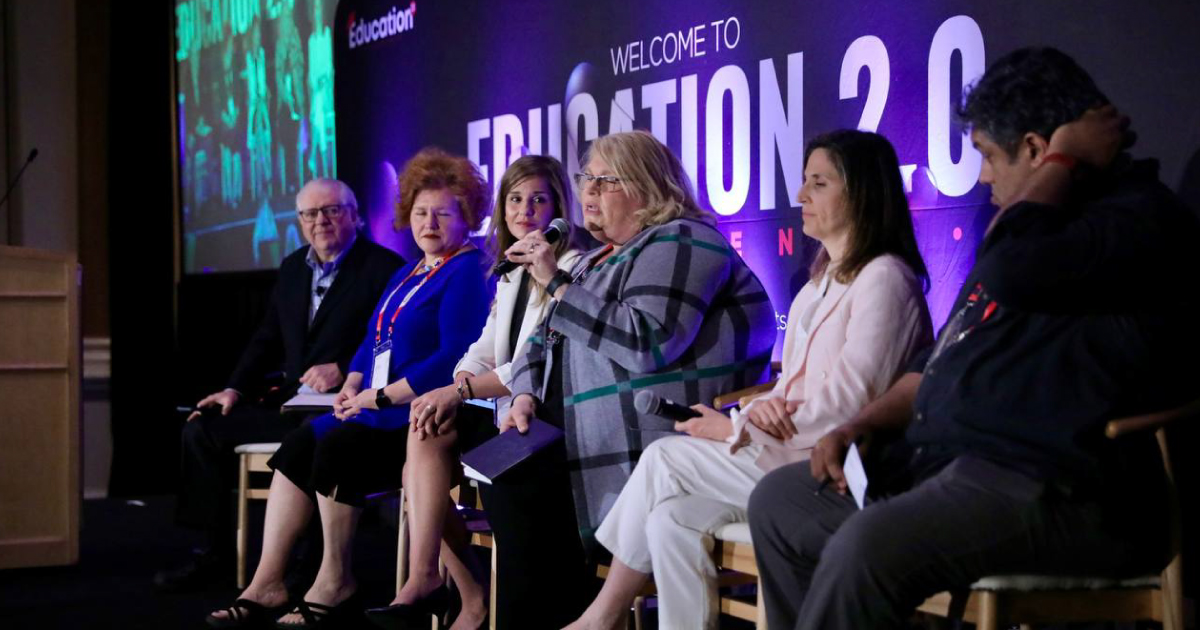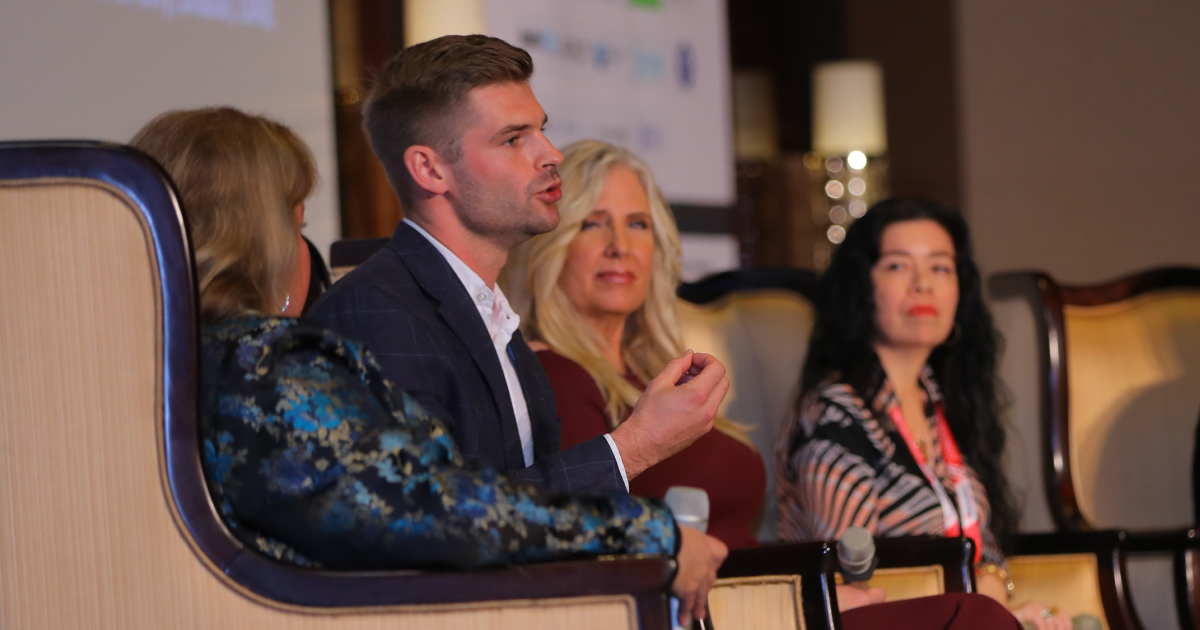Rising unemployment rates are a severe cause of concern for nations across the globe as it indicates decreasing quality of life, lower industry output, and lower incomes. Several factors are believed to lead to it, including slow economic and industrial growth, tighter regulations, and fewer investment avenues.
However, many tend to forget one crucial thing while discussing this subject. With the academia highlighting lack of jobs, companies actually stress on the glaring lack of employable people with the right skills for vacant positions. Industry representatives have pointed out at post-COVID education conferences in the USA that most educational institutions stick to traditional academic curricula with less focus on increasing the employability of their students. On the other hand, companies often fail to collaborate with institutions to help them nurture the skills and expertise they require.
In this blog, we are going to highlight some strategies through which stakeholders can effectively close the existing gap between academia and industry:
Collaborations between technical institutes and companies
MOUs between industry and academia can go a long way in helping educators design a curriculum that prepares learners for the workplace. For instance, faculty members can visit several companies and understand how they operate as well as get a deeper look into the job roles. Equipped with this information, they can prepare reports on what the industry actually needs.
Inviting companies to institutions to motivate students
In addition to job fairs, organizations must walk the extra mile to help inform academia how it can step up and help learners cultivate on-the-job skills. This also involves inspection of equipment and advising institutions on whether they need to add more resources. We also recommend leaving avenues open for career-oriented learners to get in touch with major organizations even when they are enrolled in courses. The latter is particularly important as students are often uninformed about what would be expected of them once they get absorbed into the world of work. Here, making internships available, letting them participate in company activities—such as workshops—and bringing industry experts to provide guest lectures can work wonders.
Creating a balanced syllabus
As the workplace is increasingly invaded by AI, robots, and tech tools, the upcoming generation must constantly upskill themselves to remain employable. Therefore, institutions have the responsibility to introduce the latest concepts and acquaint them with high-tech tools so that they can work alongside technology. Here, it is crucial that one maintain a balanced approach as learners must have a concrete understanding of the fundamentals too. Experts at education events in Dubai suggested that subjects can be broken down into advanced and basic modules for the ease of learners.
This theme will be a major topic of discussion at the Education 2.0 Conference. Bringing together experts from the world of education, policymakers as well as top CEOs, we hope to find more solutions to this significant problem. For a panoramic view of the changes taking place in the education sector, do register for our upcoming industry event.



